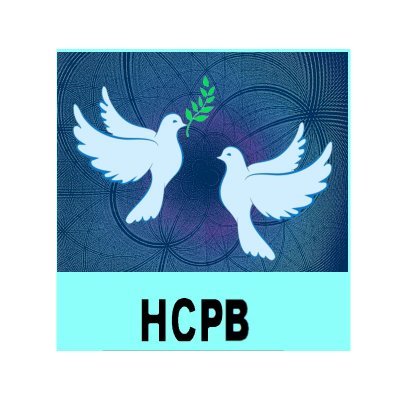
I was interviewed by Connor Daly from Northern Slant last week. We spoke about my new book Digital Contention in a Divided Society, due out on 19 January 2021. Among the topics discussed were the flag protests as a watershed moment for digital citizenship in Northern Ireland, the prospects of social media improving community relations, and the problems associated with using social media as a barometer of public opinion.
Many thanks to Connor and Jenny for the opportunity and their help in bringing this to fruition. Hopefully there will be a podcast in the New Year during which we will discuss these issues further.
Digital Contention can be preordered online now The Northern Slant interview can be read be read here



